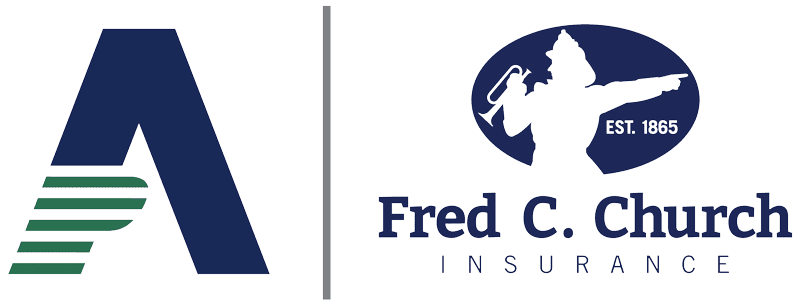If you’ve been following the goings-on of the Outdoor + Adventure team at Fred C. Church, then you are probably familiar with a blog series that we launched earlier this year, called “Mythbusters.” The goal of this series has been to expertly debunk some of the most common misconceptions that we hear from our clients who own and operate an outdoor and adventure business.
Along the way, we’ve invited a few industry colleagues to join us as special guest mythbusters, including leading attorneys, lecturers, and safety and risk management executives for adventure, education, and recreation-based outdoor programs. Their expertise on the subject matter we’ve covered has provided truly thought-provoking insights into some interesting beliefs.
For example, we boldly declared that Murphy’s Law is incorrect (Myth #1). We also overturned the long-held belief that all job applicants must pass a physical exam to work in the field (Myth #2). And, we recently refuted the myth that OSHA rules and regulations don’t apply to the outdoor and adventure industry (Myth #3).
Now, in our 4th installment of this Mythbusting series, we’re ready to tackle common misconceptions about participation waivers. While thought of as an important step in the participant sign-up process to safeguard your organization, we wanted to know if these waivers really do provide the protection you think they do.
As we’ve pointed out in past Mythbusters posts, there is often more than one way to look at standard operating procedures. When we are faced with confusing issues like these, it’s always a good idea to consult an expert to get some clarification. So, that’s exactly what we did…
Meet guest mythbuster, Attorney Cathy Hansen-Stamp. For the last 26 years, Hansen-Stamp, J.D. has worked with a variety of clients who offer recreational, adventure sports, and experiential services to the public. We are confident that our well-respected colleague, and risk management professional, is the perfect person to share her knowledge with us on the divisive topic of liability waivers.
“There is the classic line, and one you may have already heard – most likely from a client, attorney, or physician (or a member of your staff!):
The Waiver is not worth the paper it is printed on.
This is a False statement, but also sometimes True.
There may not be a topic more hotly discussed, and more thoroughly misunderstood, than the issues surrounding development and implementation of an agreement used with your clients, students, or guests, that contains a release of the organization’s liability for negligence. Importantly, the term ‘Waiver’ or ‘Release’ is frequently a term mistakenly used to describe a larger “participant agreement” that includes a release of an organization’s liability and other important provisions.
Regardless, in most jurisdictions across the country, thoughtfully drafted participant agreements used in an adventure and recreation setting are recognized by the courts, and can be an effective way to limit an organization’s liability, as well as serve a variety of other important purposes. However, courts will look closely at these agreements, and enforce them only on a case-by-case basis, to assure they meet the requirements of applicable case and statutory law. A few states don’t enforce these at all. In other words, sometimes they don’t work.
Participant agreements can certainly be “worth the paper they are written on” – as insulation from some forms of legal liability. Their most important roles are as a critical component of the information exchange you engage in with your clients and guests, and as a vehicle to address other key legal issues (acknowledgment and assumption of risks, choice of law, location of suit, etc.). Bottom line, in developing these agreements for use in your operation, understand what you are getting into, what a participant agreement can and can’t do, and work with experienced legal counsel in developing a document that conforms with applicable law and is consistent with your mission and operation.
As insurance brokers, the Outdoor + Adventure team at Fred C. Church couldn’t agree more with Attorney Hansen-Stamp; participant agreements are a critical part of your risk management plan. And, it’s just as important to have the proper risk resource by your side to ensure you have the best liability protection for your organization.
At Fred C. Church, we understand how vital it is to have an insurance program that protects everything you’ve built. Because just one substantial claim, whether due to a freak accident or a staff member’s negligence in the field, could leave you on the hook for millions of dollars in restitution.
Now that you’ve read Myth #4 and hopefully found it enlightening and useful, we encourage you to read through our first three Mythbusters blogs for more valuable insights from industry experts.
We also want to share with you the interesting topic we are working on for the fifth installment of this series. As experienced outdoor and adventure professionals, we know the importance of identifying each threat your operation may face. That’s why our next risk management topic will address whether or not an organization’s commercial auto policy will be the first to respond if a staff member who uses their personal auto to drive participants to or from the field is involved in a claim.
Our special guest mythbuster for this installment will be our very own Mike Lucas, Vice President and Risk Management Consultant here at Fred C. Church, who will discuss commonly held beliefs about what your commercial auto insurance policy will cover and what it will not.
About the Expert: Catherine Hansen-Stamp, Esq., Recreation & Adventure Law and Liability
Catherine Hansen-Stamp is an attorney in private practice in Golden, CO. She advises recreation, adventure, sport and/or experiential program providers and related organizations on law, liability, and risk management issues. Cathy frequently speaks and writes on these issues, both regionally and nationally. She has presented at the Annual Wilderness Risk Management Conference since its inception in 1994 and is currently on the Steering Committee. She co-authors articles regularly (with Charles “Reb” Gregg) for American Camp Association’s CampLine. Her clients have included recreation, adventure, and sport program providers, camps, schools, outfitters and guides, dude ranches, ropes and challenge course builders and facilitators, resort owners, science and environmental programs, competitive event sponsors, and others. Cathy graduated from The Colorado College in 1981 and received her Juris Doctor from the University of Wyoming in 1985. She is a member of both the Wyoming and Colorado Bar Associations, and currently serves on the University of Wyoming College of Law Advisory Board.
For more information visit: www.hansenstampattorney.com.
Disclaimer:
The Fred C. Church myth series is intended to spark ideas and conversation around the risks our business associates and clients face on a daily basis. Although we hope you learn from our distinguished experts, we strongly recommend you first consult with your attorney or insurance broker before making any insurance or legal decisions that could affect your organization.



